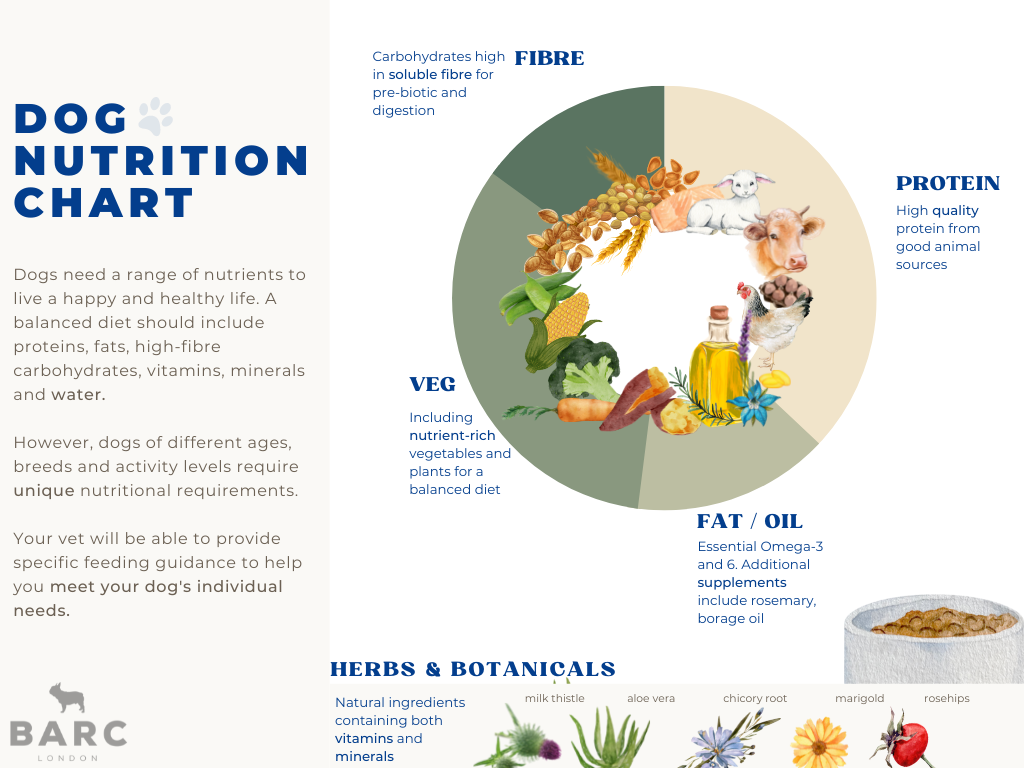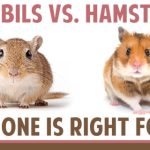As a proud dog owner, I have always been diligent about providing the best care for my beloved four-legged companion. From regular exercise to grooming, there are many aspects to consider when it comes to a dog’s well-being. One crucial factor that often gets overlooked is their nutritional needs. Just like us humans, our furry friends have unique dietary requirements that vary depending on their breed.

Different dog breeds have different nutritional needs due to factors such as size, activity level, and predisposition to certain health conditions. Understanding these specific requirements is essential to ensure that our dogs receive a balanced and nutritious diet that supports their overall health and vitality.
Let’s dive into some common dog breeds and their dietary guidelines:
1. Small Breeds:
Small dog breeds are usually energetic and have a faster metabolic rate. They require a diet that is calorie-dense to provide them with the energy they need. Look for dog food specifically formulated for small breeds, which contains high-quality protein sources. Additionally, small breed dogs benefit from a higher fat content in their diet, as it helps support their fast metabolism. It is crucial to monitor their weight and adjust their portion sizes accordingly to prevent obesity.
2. Large Breeds:
Large breed dogs have different nutritional needs because they tend to grow rapidly during their early years. Their skeleton and joints need proper support to avoid developmental issues such as hip dysplasia. Dog food formulated for large breed puppies and adults contains controlled levels of calcium, phosphorus, and other essential minerals to promote healthy bone and joint development. Additionally, large breed dogs have a lower metabolic rate compared to smaller breeds, so portion control is crucial to prevent obesity and related health problems.
3. Toy Breeds:
Toy breeds, such as Chihuahuas or Yorkshire Terriers, have higher energy requirements than other small breeds due to their increased activity levels. Their small size requires them to consume a nutrient-dense diet to meet their needs. Look for dog food formulated specifically for toy breeds, which typically have smaller kibble size and higher calorie content. Additionally, toy breeds are prone to dental issues, so incorporating dental chews or maintaining good oral hygiene is essential.
4. Athletic Breeds:
Breeds like Border Collies or Siberian Huskies are highly active and energetic. They require a diet that is tailored to support their endurance and performance. Look for dog food that is rich in high-quality proteins to help maintain and build lean muscle mass. These breeds may benefit from a slightly higher fat content in their diet to provide them with the sustained energy they need during their physical activities. Regular exercise and sufficient hydration are also essential for these active breeds.
5. Breed-specific Predispositions:
Certain dog breeds are more prone to specific health issues. For instance, Dalmatians are known to have urinary problems, while Bulldogs may have digestive sensitivities. It is crucial to be aware of these breed-specific predispositions and choose dog food that addresses these issues. Many brands offer specialized formulas targeting specific health conditions, such as joint support, sensitive digestion, or urinary tract health. Consulting with your veterinarian is essential to ensure your dog’s specific needs are met.
While these guidelines provide a foundation for meeting the nutritional needs of different dog breeds, it is essential to remember that each dog is unique. Factors such as age, activity level, and any existing health conditions should also be taken into consideration. Regular veterinary check-ups and discussions with a professional will help you determine the best diet plan for your furry friend.
As responsible dog owners, it is our duty to provide our beloved pets with the best possible care, and nutrition plays a significant role in their overall well-being. By understanding the specific dietary requirements of different dog breeds, we can ensure that our companions are healthy, happy, and thriving for years to come.

